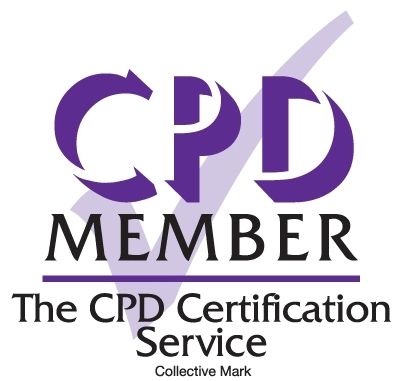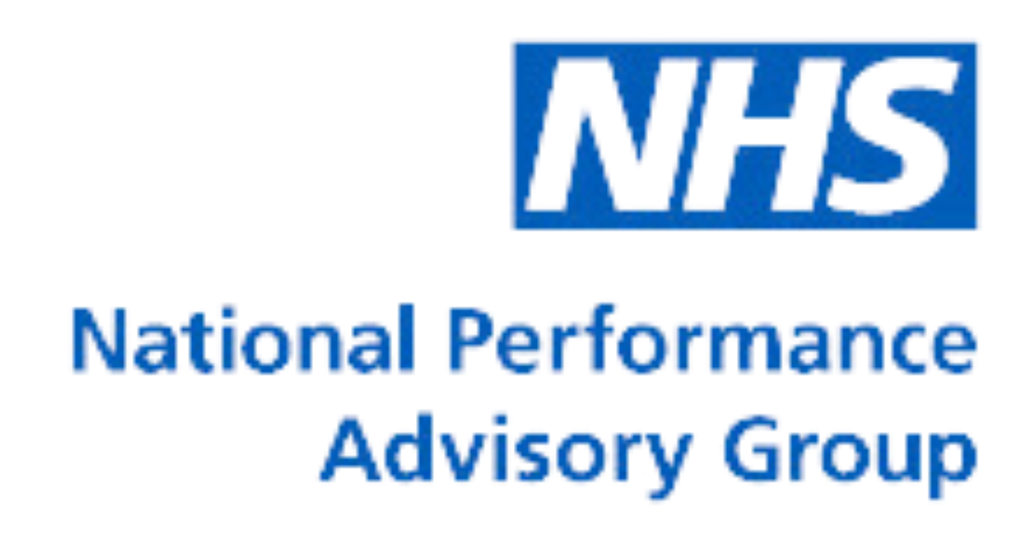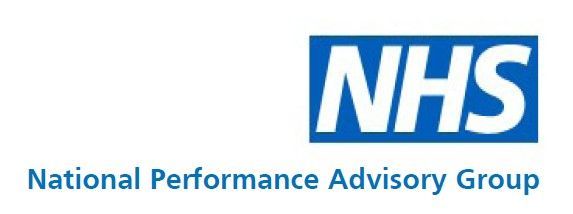Clinical Development for Occupational Health Professionals Training Workshop
Summary
Occupational Health advisors are leaders in public health in the workplace setting. Their role is pivotal to delivering better workplace support needed to prevent work-related ill-health and improve productivity by reducing the effects of presenteeism, health-related job losses and improve opportunities for jobseekers with health impairments.
It is imperative that any training provides evidence-based knowledge, theory and professional confidence and competencies. NPAG’s Clinical Professional Development for Occupational Health Professionals Training Workshop does just that and is specifically aimed at professionals working in Occupational Health.
Each module represents standalone professional participatory CPD hours. Delegates attending all 8 modules will receive a certificate of completion of the NPAG Foundation Course in Occupational Health.
Each module will:
Enable you to hit the ground running in clinical practice
Provide you with the daily clinical and professional skills you require to undertake your duties
Give you the clinical skills to support further
Modules introduce you to recent research and developments, teaching critical thinking over academic content. Applicants are encouraged to attend as many or as few workshops as they feel necessary.
Choose from:
COSHH Health Surveillance
Employment & Pre-Placement Health Assessment
Fitness for Work
Human Factors in OH, Ergonomic Assessment & Adjustments
Long-Term Condition, Health & Disability Management
Noise & Vibration Health Surveillance & Case Management
Occupational Health Risk Assessment
Performance & Attendance
Modules
Course Dates & Fees
Course format and fees:
In-person - £275 per module
Online - £200 per module
| Module | Format |
|---|---|
| COSHH Health Surveillance | In Person |
| Employment & Pre-Placement Health Assessment | In Person |
| Fitness for Work | In Person |
| Human Factors in OH, Ergonomic Assessment & Adjustments | In Person |
| Long-term Condition, Health & Disability Management | In Person |
| Noise & Vibration Health Surveillance & Case Management | In Person |
| Occupational Health Risk Assessment | Online |
| Performance & Attendance | In Person |
Bespoke Workshops
NPAG can also provide bespoke on-site workshops for your own organisation. Increasing in popularity, on-site workshops ensure staff do not have to travel long distances, minimise time away from their roles and most importantly, ensure that the training is tailored specifically to meet your organisational requirements.
To discuss your training needs, please contact us.

NPAG works with The CPD Certification Service to provide clients with formal evidence of continuing professional and personal development.





